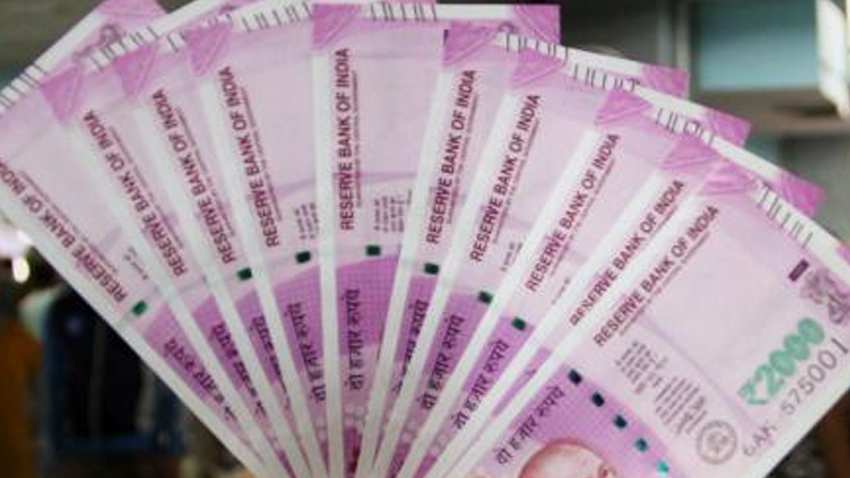Good news for employees! EPF interest rate hike to 8.65 per cent approved by Finance Ministry.

In what comes as a major good news for salaried employees, the finance ministry has ratified the hike of the Employees Provident Fund (EPF) interest rate to 8.65% as approved by retirement fund manager EPFO. The development was confirmed to PTI by a labour ministry official on the condition of anonymity. “The Department of Financial Services has accepted the EPFO rate hike and given its concurrence for a higher interest payout,” the official was quoted as saying by the agency. The finance ministry’s approval is a procedural formality, but is a requirement before interest rates are passed on to 60 million EPFO subscribers.
On 21 February, the central board of the EPFO had announced an increase in the EPF interest rate to 8.65% in 2018-19, paring its reserves to their lowest level in three years. This required approval of finance ministry, which has been given today. This was an increase of 10 basis points on the 8.55% EPF interest rate announced by the retirement fund for 2017-18. It is the same as in 2016-17, but less than the 8.8% paid out in the previous years. One basis point is one-hundredth of a percentage point.
According to the EPFO estimates, there would be a surplus of Rs 151.67 crore after providing 8.65 per cent rate of interest for 2018-19 on EPF. There would have been a deficit of Rs 158 crore on providing 8.7 per cent rate of interest in EPF for last fiscal. That is why the body decided to provide 8.65 per cent rate of interest for 2018-19.
The EPFO had provided a five-year low-interest rate of 8.55 per cent to its subscribers for 2017-18.
The Employees’ Provident Fund (EPF) is a savings scheme introduced under Employees’ Provident Fund and Miscellaneous Act, 1952. It is managed by the Central Board of Trustees that consists of representatives from the government, the employers and the employees. EPFO works under the direct jurisdiction of the government and is managed through the Ministry of Labour and Employment.






























